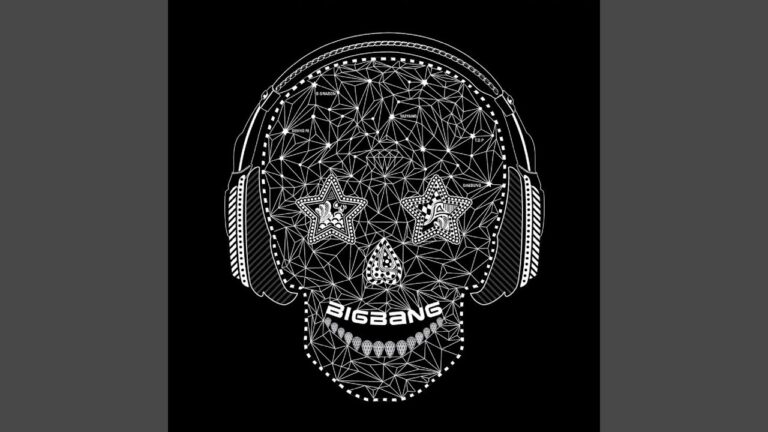[ad_1]
Right, as a concept, encompasses a multifaceted understanding spanning morality, ethics, law, and personal belief. Defining "right" is complex because its interpretation is heavily influenced by context, individual values, and societal norms. Here’s a detailed breakdown:
1. Moral Right:
- Definition: Moral right refers to what is considered good, just, and ethical in a given situation. It aligns with principles of fairness, compassion, and respect for others. Moral right can be subjective, varying between individuals and cultures.
- Sources: Moral principles often stem from:
- Intuition: A gut feeling or innate sense of what is right or wrong.
- Reason: Logical deduction and critical thinking applied to ethical dilemmas.
- Emotion: Feelings like empathy and sympathy that guide moral judgment.
- Tradition: Long-standing customs and beliefs that shape moral values.
- Religion: Divine commandments and teachings that provide a moral framework.
- Philosophical Theories: Ethical systems like utilitarianism, deontology, and virtue ethics.
- Examples: Helping someone in need, telling the truth, keeping promises.
- Challenges: Moral dilemmas arise when different moral principles conflict, requiring careful consideration and prioritization. What is morally right for one person may be morally wrong for another. Cultural relativism suggests that morality is relative to each culture, complicating the notion of universal moral rights.
2. Legal Right:
- Definition: Legal right refers to entitlements that are protected and enforced by law. These rights are established through legislation, constitutions, judicial decisions, and international treaties.
- Sources:
- Constitutions: Foundational documents that define fundamental rights and freedoms.
- Statutes: Laws enacted by legislative bodies.
- Case Law: Legal precedents established by court decisions.
- International Law: Treaties and conventions that establish legal obligations between nations.
- Examples: The right to free speech, the right to a fair trial, the right to vote, the right to own property.
- Enforcement: Legal rights are enforced through legal systems, including courts, law enforcement agencies, and regulatory bodies.
- Limitations: Legal rights are not absolute and may be subject to reasonable limitations to protect the rights of others or the interests of society. Laws can be unjust or discriminatory, creating a conflict between legal right and moral right.
- Types of Legal Rights:
- Civil Rights: Rights that protect individual freedom and equality, such as freedom of speech, religion, and assembly.
- Political Rights: Rights that enable citizens to participate in the political process, such as the right to vote and the right to hold public office.
- Economic Rights: Rights that relate to economic well-being, such as the right to work, the right to a minimum wage, and the right to social security.
- Social Rights: Rights that promote social welfare, such as the right to education, the right to health care, and the right to housing.
3. Ethical Right:
- Definition: Ethical right relates to conduct that adheres to established principles and standards of professional behavior. Ethical rights guide individuals and organizations in making responsible decisions and avoiding harm.
- Sources: Codes of ethics, professional standards, organizational policies, industry best practices, philosophical ethics.
- Examples: A doctor’s ethical obligation to maintain patient confidentiality, a lawyer’s duty to act in the best interests of their client, a journalist’s responsibility to report the truth.
- Distinction from Moral Right: While ethical and moral rights overlap, ethical rights are often more specific and context-dependent, tailored to particular professions or organizations.
- Examples of Ethical Frameworks:
- Utilitarianism: Maximizing overall happiness and well-being.
- Deontology: Following moral duties and rules regardless of consequences.
- Virtue Ethics: Cultivating moral character and virtues.
4. Right as a Claim or Entitlement:
- Definition: "Right" can also refer to a justified claim or entitlement that an individual or group has against others. This is often understood in the context of human rights.
- Examples: The right to life, liberty, and security of person. These are considered inalienable rights because they should not be taken away.
- Positive vs. Negative Rights:
- Negative Rights: Rights that require others to refrain from interfering with one’s actions (e.g., the right to free speech – the government cannot prevent you from speaking).
- Positive Rights: Rights that require others to provide something to you (e.g., the right to education – the government must provide access to education).
5. Personal Right:
- Definition: Personal right refers to an individual’s subjective sense of what is right or fitting for them in a given situation. This can be influenced by personal values, beliefs, and experiences.
- Examples: Choosing a particular career path, expressing oneself through art or music, pursuing personal goals and aspirations.
- Subjectivity: Personal right is highly subjective and may not align with moral, legal, or ethical standards.
- Conflicts: Conflicts can arise when an individual’s sense of personal right clashes with societal expectations or legal obligations.
Challenges in Defining "Right":
- Subjectivity: Moral and ethical judgments are often subjective, leading to disagreements and conflicting perspectives.
- Cultural Relativism: Moral values vary across cultures, making it difficult to establish universal standards of right and wrong.
- Context Dependence: What is right in one situation may not be right in another, requiring careful consideration of the specific circumstances.
- Conflicts of Rights: Situations can arise where different rights conflict with each other, requiring prioritization and balancing.
- Evolving Standards: Societal norms and values evolve over time, leading to changes in what is considered right or wrong.
- The Naturalistic Fallacy: The fallacy of assuming that because something is a certain way, it ought to be that way. Just because something exists in nature or is commonly practiced doesn’t make it morally right.
In conclusion, "right" is a complex and multifaceted concept with no single, universally accepted definition. Its meaning is shaped by moral principles, legal frameworks, ethical standards, and personal values, all of which are subject to interpretation and change. Understanding the different dimensions of "right" is essential for navigating ethical dilemmas, making responsible decisions, and promoting a just and equitable society.
[ad_2]

